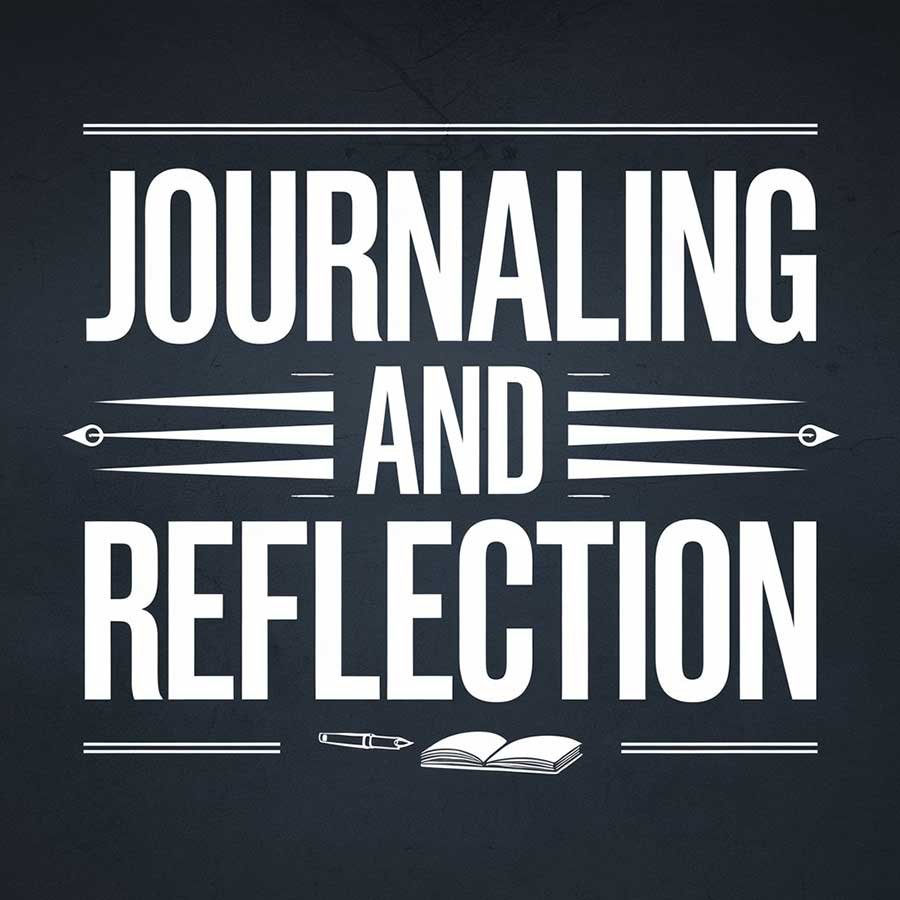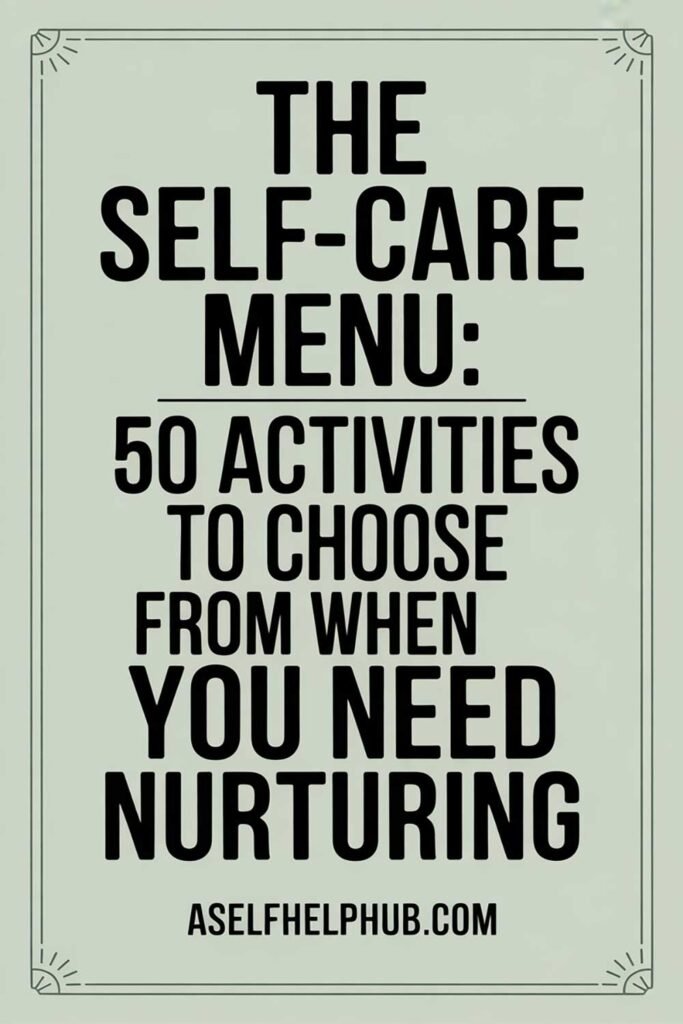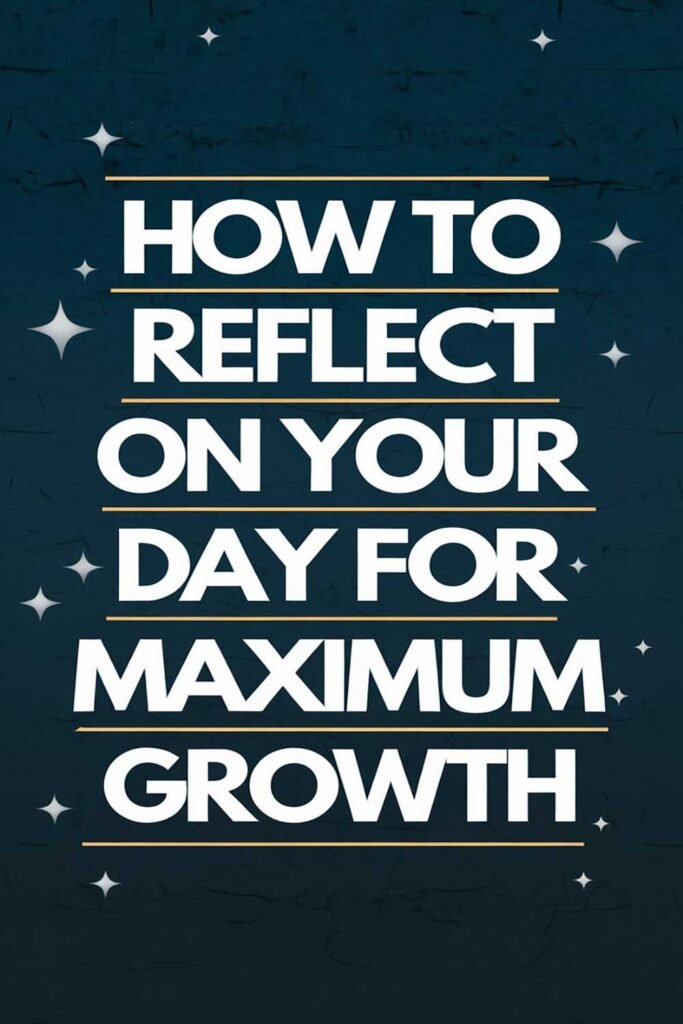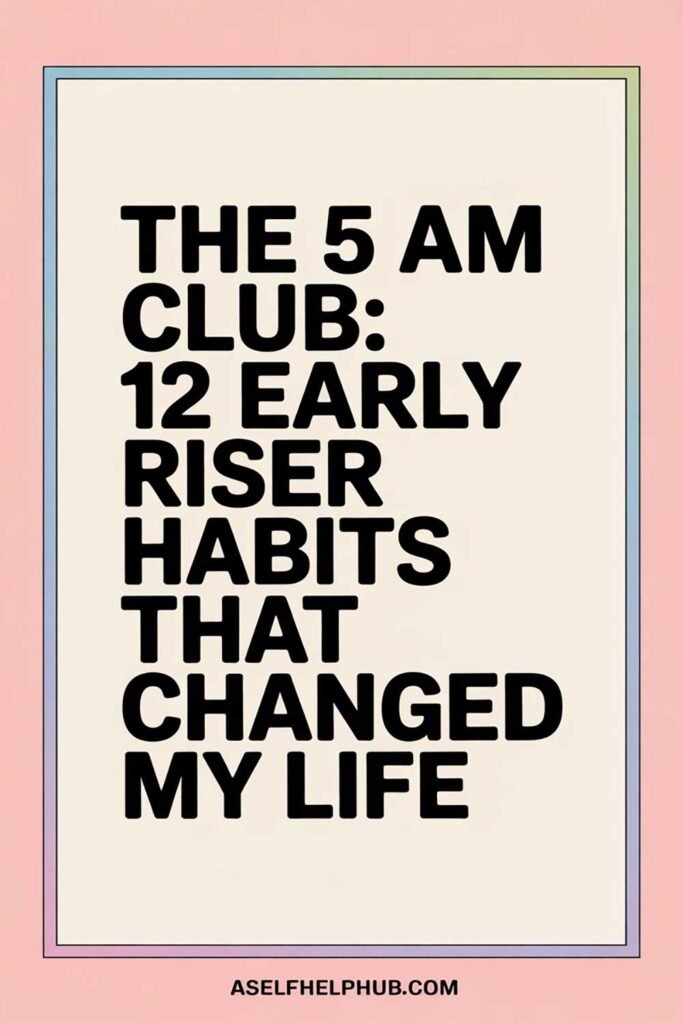
Journaling and Reflection: A Powerful Path to Self-Discovery
Journaling is more than just writing words on paper—it’s a transformative practice that cultivates self-awareness, emotional growth, and personal development. Whether you’re looking to process emotions, track progress, or gain clarity on your goals, journaling and reflection can serve as powerful tools for a more intentional life.

Why Journaling Matters
The benefits of journaling extend far beyond the pages of a notebook. It helps:
- Reduce stress and anxiety – Writing about your thoughts and emotions can provide emotional release and reduce overwhelm.
- Enhance self-awareness – Reflecting on past experiences fosters deeper understanding of your patterns and behaviors.
- Boost problem-solving skills – Seeing your thoughts in writing can help organize and analyze them more effectively.
- Improve emotional intelligence – Processing emotions through writing can lead to greater emotional regulation and awareness.
- Track progress and growth – Journaling offers a record of your personal journey, helping you recognize achievements and setbacks.
Different Types of Journaling
There’s no one-size-fits-all approach to journaling. Finding a style that resonates with you can make the practice more effective and enjoyable.
1. Daily Reflection Journal
This is a great way to track your thoughts, emotions, and daily experiences. Write about your wins, struggles, and moments of gratitude each day.
2. Gratitude Journal
Focusing on gratitude shifts your mindset from scarcity to abundance. Each day, write down at least three things you’re grateful for, no matter how big or small.
3. Goal-Setting Journal
This journal helps you clarify and break down your goals into actionable steps. You can track progress and make necessary adjustments along the way.
4. Stream-of-Consciousness (Freewriting) Journal
Also known as morning pages, this practice involves writing whatever comes to mind without judgment or structure. It can help clear mental clutter and spark creativity.
5. Emotional Processing Journal
Writing about emotions and experiences can serve as a healthy outlet for processing trauma, challenges, and unresolved feelings.
6. Mindfulness Journal
Use this journal to reflect on the present moment, your surroundings, and how you feel in your body and mind. This can be combined with meditation practices.
7. Dream Journal
Tracking dreams can offer insights into your subconscious mind and patterns in your thinking. This is particularly useful for those interested in self-exploration.
How to Start and Maintain a Journaling Habit
Starting a journaling habit can be simple if you set yourself up for success with the right approach.
1. Choose a Medium That Works for You
Whether it’s a physical notebook, a digital journaling app, or even voice recordings, pick a format that feels natural and convenient.
2. Set a Regular Time to Journal
Make it a daily or weekly ritual. Many people find that journaling first thing in the morning or before bed works best for them.
3. Use Prompts to Overcome Writer’s Block
If you’re unsure where to start, prompts can help spark inspiration. Examples include:
- What are three things I’m grateful for today?
- What is one challenge I faced today, and how did I handle it?
- What are my biggest fears, and how can I work through them?
- Where do I see myself in five years?
4. Be Honest and Authentic
Journaling is a personal practice. Write freely without fear of judgment. Your journal is for you, so let go of perfectionism.
5. Review and Reflect Periodically
Looking back at past entries can offer valuable insights. Notice patterns, changes in mindset, and progress over time.
6. Experiment with Different Styles
You don’t have to stick to one journaling method. Try different types to see what resonates most with you.
Overcoming Common Journaling Challenges
Even with the best intentions, journaling can sometimes feel like a chore. Here’s how to push through common obstacles:
- “I don’t have time.” – Start small. Even writing one sentence a day can be impactful.
- “I don’t know what to write about.” – Use prompts or simply write about your day.
- “I’m afraid someone will read my journal.” – Keep it in a secure place, use a password-protected digital journal, or destroy pages after writing if that makes you more comfortable.
- “I’m not a good writer.” – Remember, your journal isn’t about perfect grammar or structure; it’s about self-expression.
The Transformative Power of Reflection
Journaling alone is powerful, but taking time to reflect on your writings amplifies its benefits. Reflection allows you to:
- Gain deeper insights into your emotions and behaviors.
- Recognize patterns in your thoughts and actions.
- Make more informed decisions based on self-awareness.
How to Incorporate Reflection into Your Journaling Practice
- Re-read old entries: Look for recurring themes or changes in your mindset.
- Ask yourself questions: What have I learned about myself? How have I grown?
- Highlight key takeaways: Use colors, sticky notes, or underlining to emphasize important insights.
- Take action: Use your reflections to set new goals or make adjustments in your life.
Final Thoughts
Journaling and reflection are powerful tools for self-discovery, emotional growth, and mental clarity. Whether you write every day or once a week, the key is to make it a habit that serves your well-being. Start today, and watch how this simple practice can create profound changes in your life.
Picture This
Imagine waking up in the morning with a sense of calm and clarity. You sit down with your journal, sip your favorite warm drink, and write freely—letting your thoughts flow onto the page. As you reflect on past entries, you realize how much you’ve grown, how you’ve overcome challenges, and how deeply you understand yourself now. You feel lighter, empowered, and more in tune with your emotions. This is the power of journaling and reflection—a journey of self-discovery that brings peace, insight, and transformation.
Please Share This Article
If you found this article helpful, please share it with anyone who might benefit from journaling and reflection.






